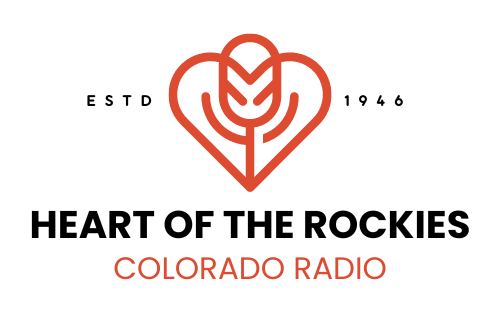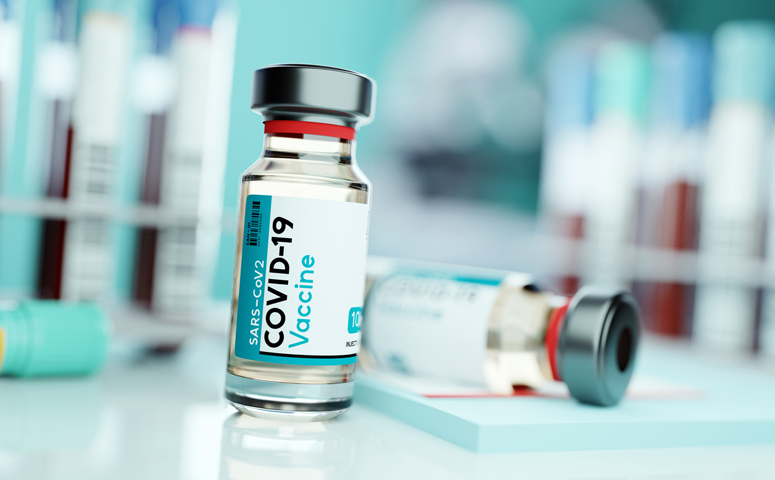In this guest column from Chaffee County Public Health Director Andrea Carlstrom, she addresses the end of the COVID-19 emergency, the reduction of SNAP benefits, and updated Medicaid coverage.

It’s hard to believe that Chaffee County will be hitting its three-year anniversary of its first COVID-19 case in March. And what a complex, uncertain, and surreal three years they have been.
First, I want to personally thank Chaffee County for its unwavering leadership, consistent generosity, and community support throughout the entire pandemic. Our county has proven that it is a special place to live and serve. And, while we have made great strides as a society in learning to live with a new virus in our lives and are doing our best to move onto a more normalized chapter of our history regardless of political or cultural ideation, another milestone is about to be reached. The end of the federal COVID-19 public health emergency declaration will go into effect on May 11, 2023. This does not mean that living with COVID-19 is over, but it does mean that our country is no longer in crisis mode. While many people have been operating under the perception that the pandemic has been “over” for quite some time, the end of the declaration has significant implications for a wide variety of people in our community. We at Chaffee County Public Health (CCPH) want members of the public to be as prepared as possible for changes on the horizon in the upcoming months.
COVID-19 Testing, Treatment, and Vaccines
When the emergency declaration ends, coverage for COVID-19 will become more like coverage for other medical conditions. In the coming weeks, more information will become available about specific changes, some of which might vary by health insurance. While CCPH will do what it can to continue to offer free rapid antigen tests while supplies last and they are still a recommended disease mitigation and surveillance tool, it is anticipated that the availability and use of these tests will eventually become limited. Similarly, while CCPH can offer free vaccines to people without insurance and those who are on the Health First Colorado Medicaid program, the commercial market is expected to take over for those who have private insurance. It is unknown how much a COVID-19 vaccine will exactly cost with this transition. The time is now to take advantage of free COVID-19 vaccines and boosters if you are interested. CCPH has availability for free appointments, and we have secured the vaccine bus for at least another one to two months.
SNAP
Anyone in the Supplemental Nutrition Assistance Program (SNAP) will see a reduction in their monthly benefit amount after February. The temporary additional benefit amounts (emergency allotments) are ending due to the result of recent federal congressional action. The last emergency allotment benefits will be delivered in February. Those who are eligible will still receive SNAP in March, but benefits will return to regular levels.
Medicaid Coverage
During the emergency declaration, state agencies have been required to provide health care coverage for all medical assistance programs, even if a member’s eligibility changed. This is known as the continuous coverage requirement. Colorado will take 12 months (14 months including noticing) to renew members based on their annual renewal date. Each member’s renewal month will align with their already established annual renewal month. Some members will be automatically renewed based on the most recent information already on file with the state. Other members will need to go through the renewal process and take action. The state will send renewal packets to those members in advance of their renewal dates with key information and their individual timelines. Renewal may be referred to as redetermination. There will be some community members that no longer qualify for Medicaid due to the end of the declaration. While there will be an appeal process, CCPH does have a Connect for Health Colorado insurance marketplace program that can help lower private insurance premiums as long as it is within 60 days of losing Medicaid coverage and anytime during the open enrollment period.
Meanwhile, the Centers for Disease Control and Prevention (CDC) continues to advise that everyone get vaccinated, get the latest booster, use at-home tests if you’ve been exposed or have symptoms, stay home if you’re sick, and wear a high-quality mask when COVID-19 levels are high, especially if you consider yourself high risk. These precautions are the best ways we can continue to protect ourselves and manage the pandemic as it continues to evolve.




